Here’s what big tech CEOs will say at today’s Congressional hearing
CEOs of Facebook, Google & Twitter discuss misinformation
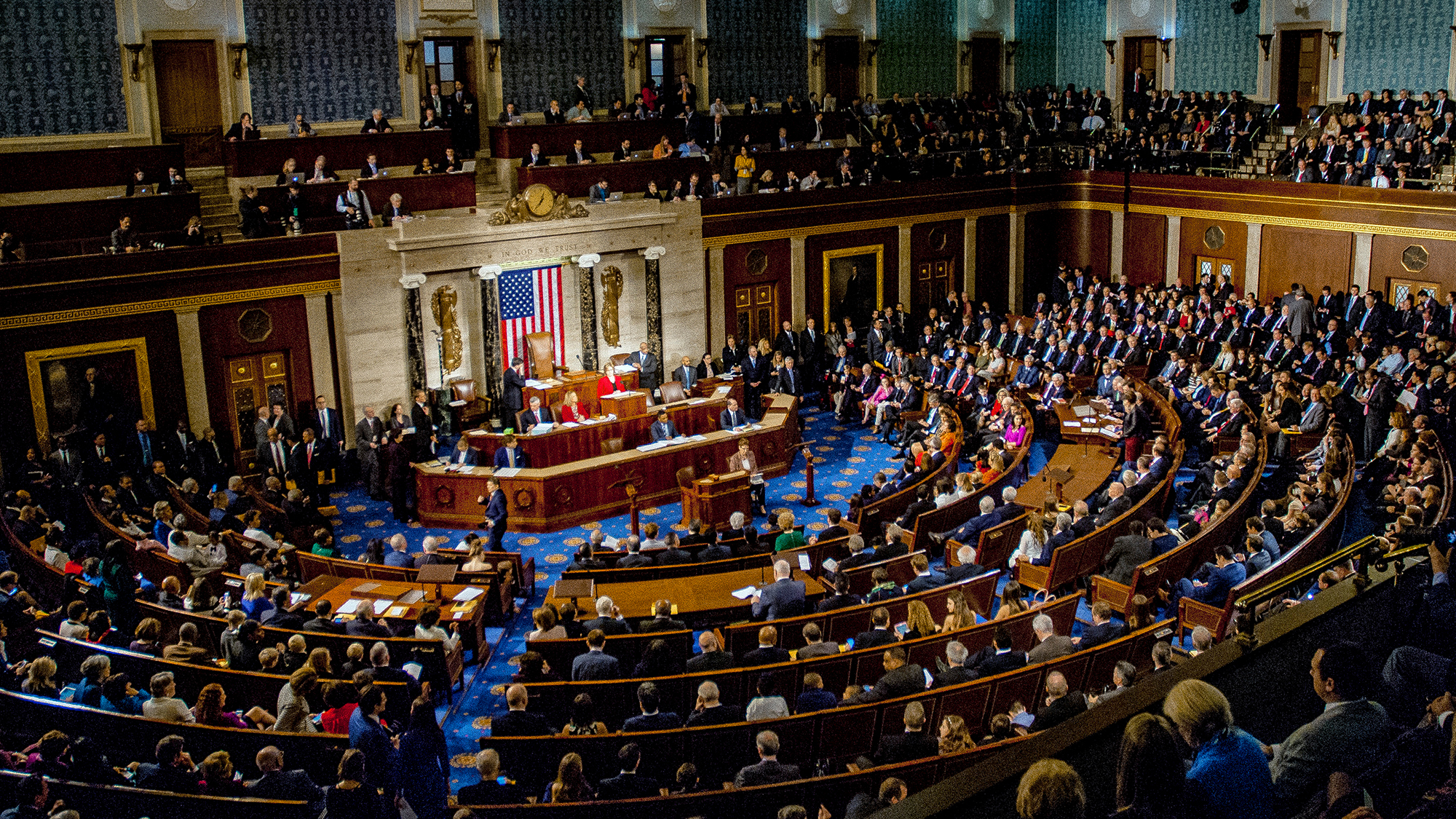
The CEOs of Facebook, Google, and Twitter will appear before Congress today. Ahead of the hearing, the CEOs’ prepared remarks showed differing strategies for defending their companies and the laws designed to protect them.
The big tech CEOs have repeatedly testified before Congress over the past year amid lawmaker investigations into their competitive practices and content moderation policies.
Today’s hearing will be Facebook CEO Mark Zuckerberg’s fourth appearance before Congress since July. It’ll be the third time for Twitter’s Jack Dorsey and Google’s Sundar Pichai.
The tech CEOs will discuss Section 230, one of the tension points between Silicon Valley and Capitol Hill.
Section 230 is a clause in the 1996 Communications Decency Act that offers media companies broad protection from lawsuits over user-generated comments on their websites. It paved the way for the rise of large platforms like Facebook and other social media sites that thrive on user content.
Here are selections from the CEOs’ prepared remarks:
Facebook: In his prepared testimony, Zuckerberg described the steps Facebook has taken to fight misinformation, particularly regarding COVID-19 and the 2020 election.
Sign up today and you will receive a free copy of our Future Focus 2025 report - the leading guidance on AI, cybersecurity and other IT challenges as per 700+ senior executives
He discussed Facebook’s efforts to remove hateful content from its platforms, including removing more than 250 white supremacist groups and nearly 900 militarized social movements.
Regarding Section 230, Zuckerberg plans to tell lawmakers they should consider only protecting companies that meet best practices to prevent the spread of unlawful content.
Twitter: In Dorsey’s prepared testimony, he outlined how Twitter plans to earn users’ trust of its users by promoting transparency. He said Twitter is working to make its procedures fair and to give users control over their privacy settings and the algorithms that influence what they see on Twitter.
Google: Like Zuckerberg, Pichai’s prepared testimony highlighted Google’s efforts to combat misinformation around the 2020 election and COVID-19.
Unlike Zuckerberg, he didn’t offer a proposal for reforming Section 230. Instead, he said he’s concerned that proposals to change or repeal the law will backfire.
“Section 230 is foundational to the open web: it allows platforms and websites, big and small, across the entire internet, to responsibly manage content to keep users safe and promote access to information and free expression,” Pichai said.
“Without Section 230, platforms would either over-filter content or not be able to filter content at all. In the fight against misinformation, Section 230 allows companies to take decisive action on harmful misinformation and keep up with bad actors who work hard to circumvent their policies.”
-
 Microsoft unveils Maia 200 accelerator, claiming better performance per dollar than Amazon and Google
Microsoft unveils Maia 200 accelerator, claiming better performance per dollar than Amazon and GoogleNews The launch of Microsoft’s second-generation silicon solidifies its mission to scale AI workloads and directly control more of its infrastructure
-
 Infosys expands Swiss footprint with new Zurich office
Infosys expands Swiss footprint with new Zurich officeNews The firm has relocated its Swiss headquarters to support partners delivering AI-led digital transformation
-
 UK’s ‘Tech Prosperity Deal' with US hits rocky ground
UK’s ‘Tech Prosperity Deal' with US hits rocky groundNews The US has reportedly threatened to pull out of the deal over the Digital Services Tax and broader economic disagreements
-
 ‘The UK must position itself as the destination of choice’ in wake of H-1B visa crackdown, tech policy group says
‘The UK must position itself as the destination of choice’ in wake of H-1B visa crackdown, tech policy group saysNews The UK has a massive opportunity to capitalize on the US government’s H-1B visa changes
-
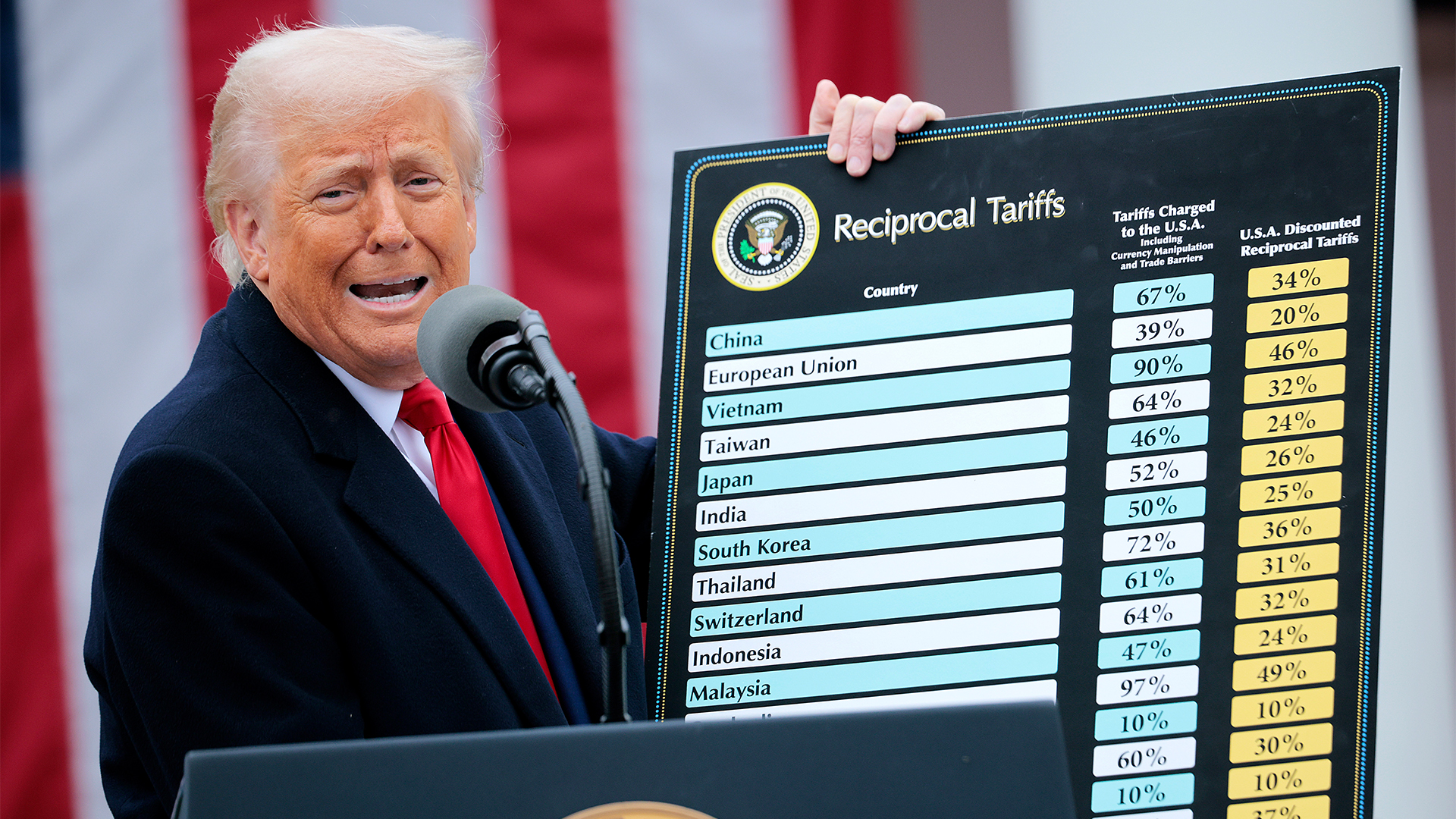 IDC warns US tariffs will impact tech sector spending
IDC warns US tariffs will impact tech sector spendingNews IDC has warned that the US government's sweeping tariffs could cut global IT spending in half over the next six months.
-
 US government urged to overhaul outdated technology
US government urged to overhaul outdated technologyNews A review from the US Government Accountability Office (GAO) has found legacy technology and outdated IT systems are negatively impacting efficiency.
-
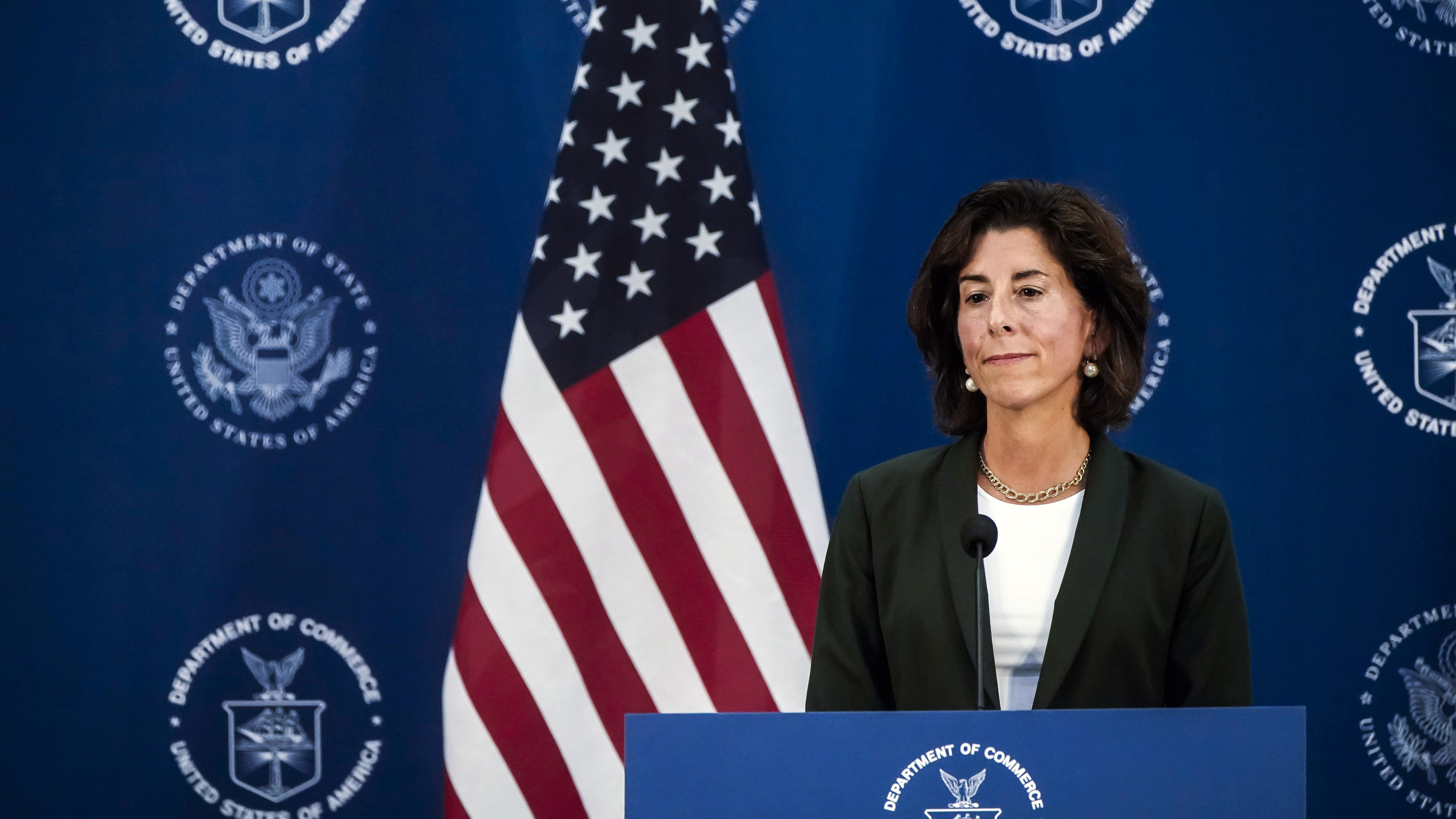 US proposes new ‘know-your-customer’ restrictions on cloud providers
US proposes new ‘know-your-customer’ restrictions on cloud providersNews The US aims to stifle Chinese AI competition with new restrictions on cloud providers to verify foreign data center users
-
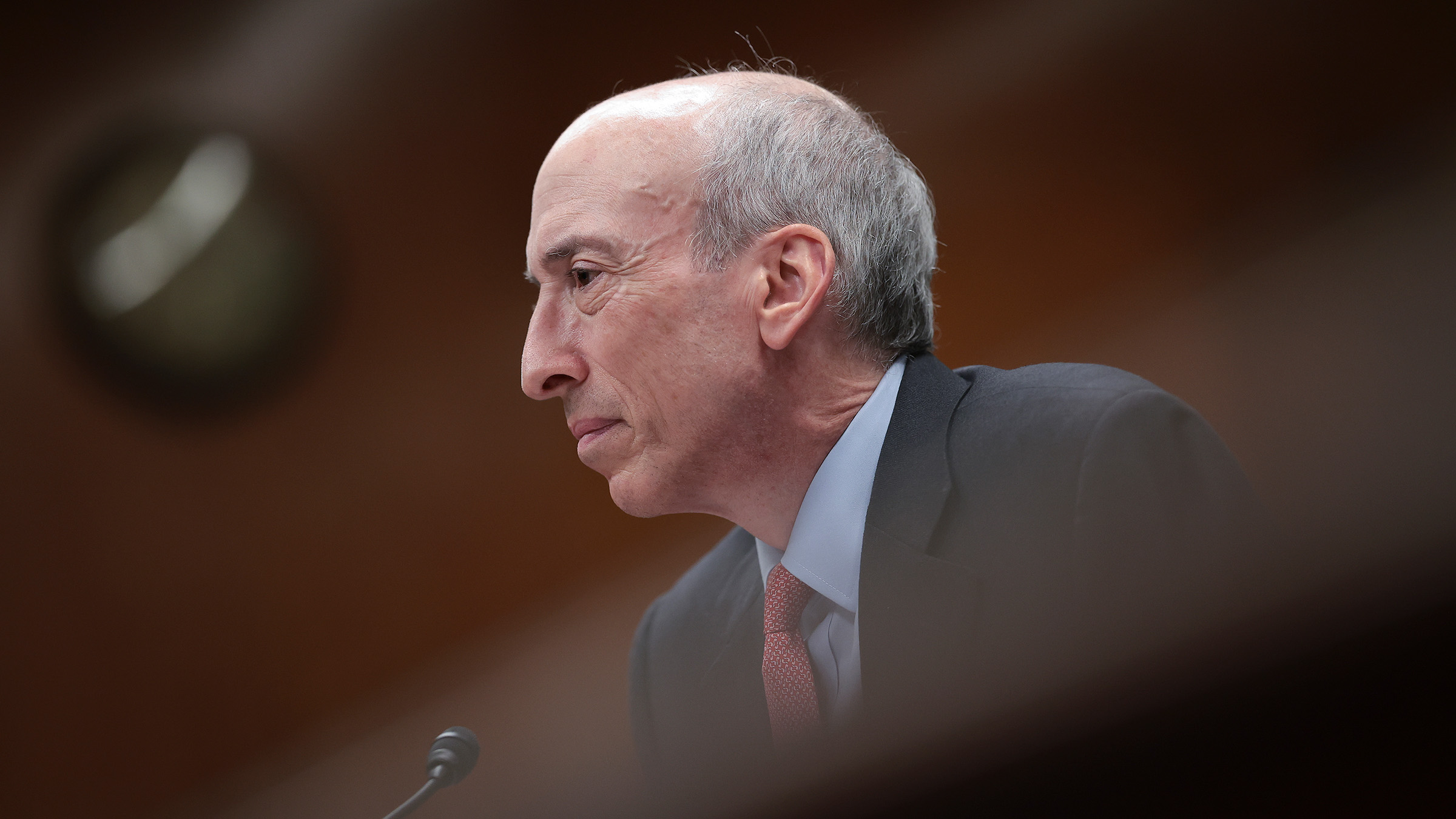 SEC passes rules compelling US public companies to report data breaches within four days
SEC passes rules compelling US public companies to report data breaches within four daysNews Foreign entities trading publicly in the US will also be held to comparative standards
-
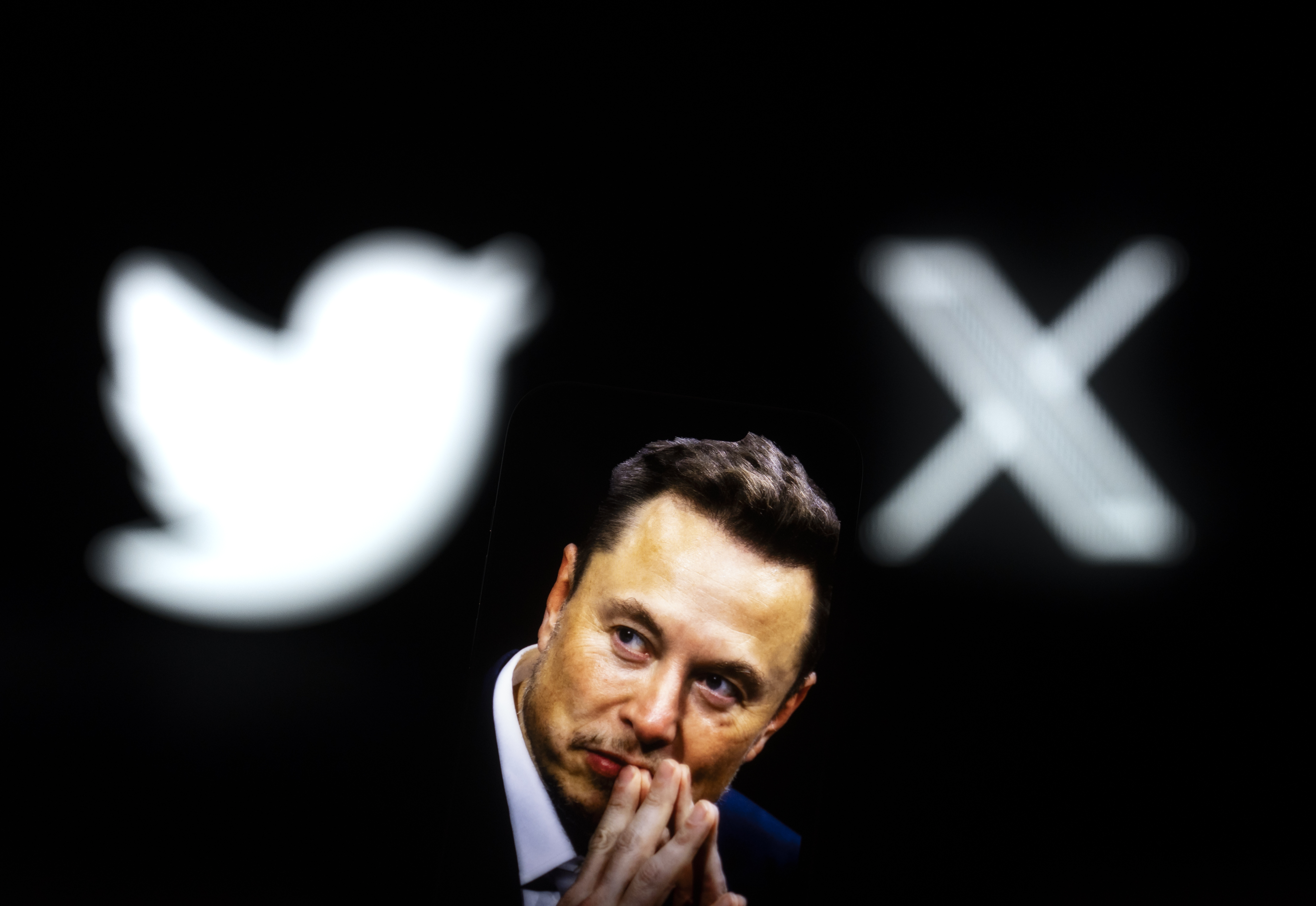 A look back at 7 other tech companies to undergo major rebrands
A look back at 7 other tech companies to undergo major rebrandsNews As Elon Musk announces a total change of Twitter’s branding after 17 years, we look back at how similar projects have panned out for other big tech firms
-
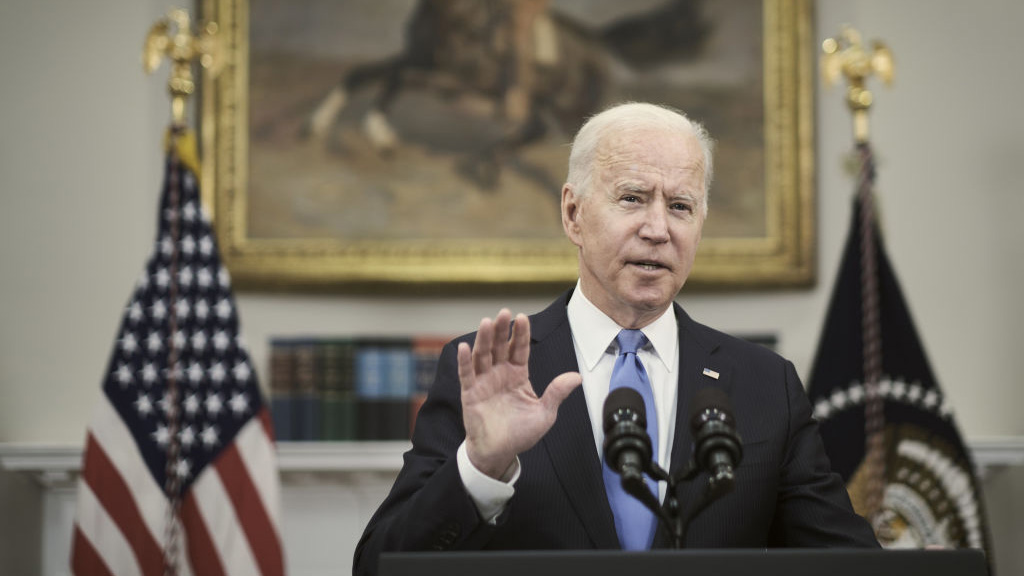 US says National Cybersecurity Strategy will focus on market resilience and private partnerships
US says National Cybersecurity Strategy will focus on market resilience and private partnershipsNews The recently announced implementation plans alow for more aggressive action against ransomware gangs